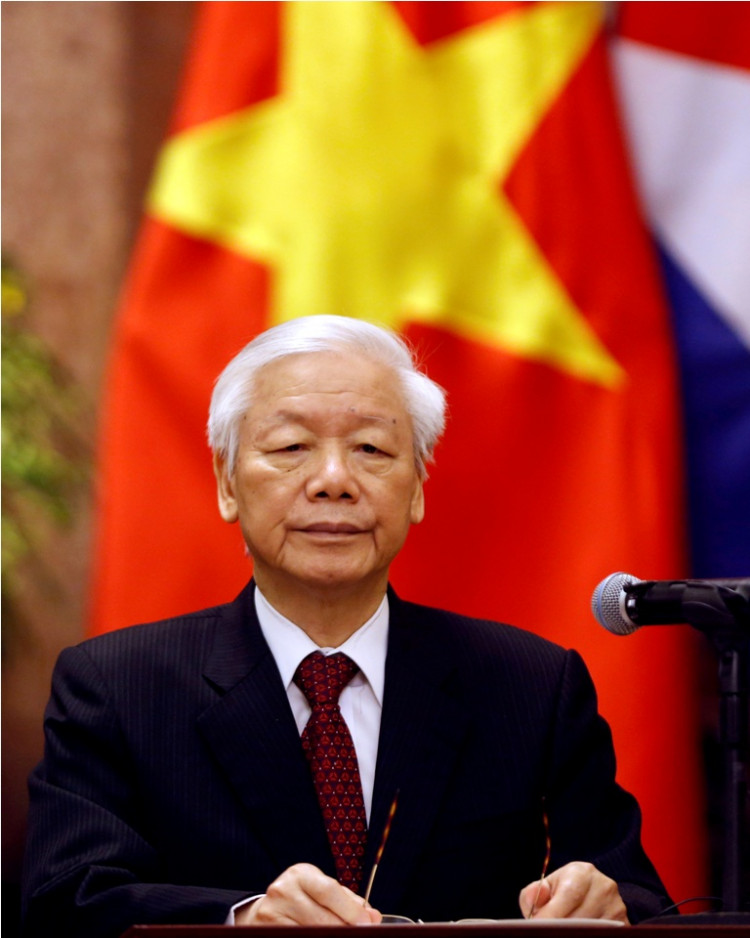Vietnam significantly reduced its imports of petroleum products from January to September 15, as a result of the country's continued stability in petroleum production. Imports saw a massive decline of 2.4 million tons due to domestic production improvements.
According to Viet Nam News, compared to the same period last year, Vietnam's petroleum products imports dropped by $1.97 billion, providing evidence that the country has started stabilizing its production of petroleum.
Industry experts said Vietnam's Nghi Son Refinery and Petrochemical Company (NSRP) has been producing a stable output of petroleum products over the past year. The firm's output paved the way for ample supplies in many markets.
The Thanh Hoa factory was designed to produce around 10 million tons of crude oil annually and it was developed with a total investment of over $9 billion.
Among the four products that Vietnam imported from the January to September 15 period, the goods that saw massive declines in imports are diesel oil and petrol. Jet fuel and fuel oil saw little changes in volume.
The Vietnamese General Department of Customs also revealed that during the said period, the country imported over 6.5 million tons of petroleum, accounting for a spending amount of $3.97 billion.
The amount is still significant for import figures but compared to last year's spending on the products, Vietnam is showing a lot of improvements in supplying domestic demand.
Aside from local factories making a move in production, other petroleum providers are also hard at work in supplying the country's need for petroleum products. Phoenix Petroleum is one of those firms.
Earlier this month, the company finally confirmed that it started expanding its LPG business in the country and it also renamed the firm to Phoenix Gas Vietnam. The expansion came after it acquired 75 percent of Origin LPG Vietnam LLC.
Primarily based in Ho Chi Minh City, Phoenix already has operating units in Cam Ranh, Long Thanh Rural District, Da Nang, and Nha Trang. It offers various services such as maintenance, repairs, port servicing, LPG tank deliveries, LPG supply systems, and also warehousing.
Meanwhile, the Asian liquefied petroleum gas (LPG) market is expected to expand at a CAGR of over five percent by 2024, a new report forecasted. Among the leading players that are expected to drive growth in the market is PetroVietnam Gas.
Last week, an official with the provider's parent company, PetroVietnam, confirmed that the state-run company will kick off construction for one of the first liquefied natural gas (LNG) terminals in Southern Vietnam next month.
Vietnam's LPG and LNG markets are expected to continue experiencing growth despite external headwinds as the country is considered to be a winner in global trade disputes.





